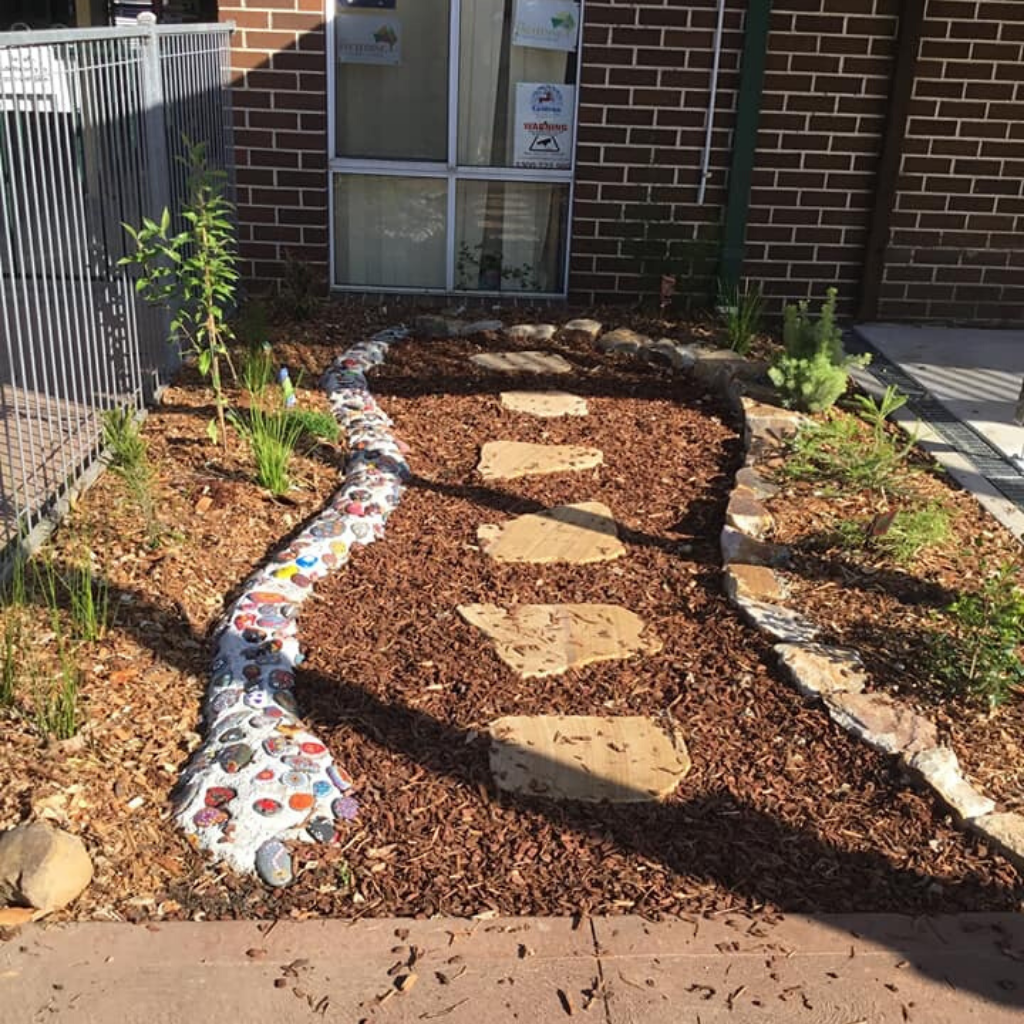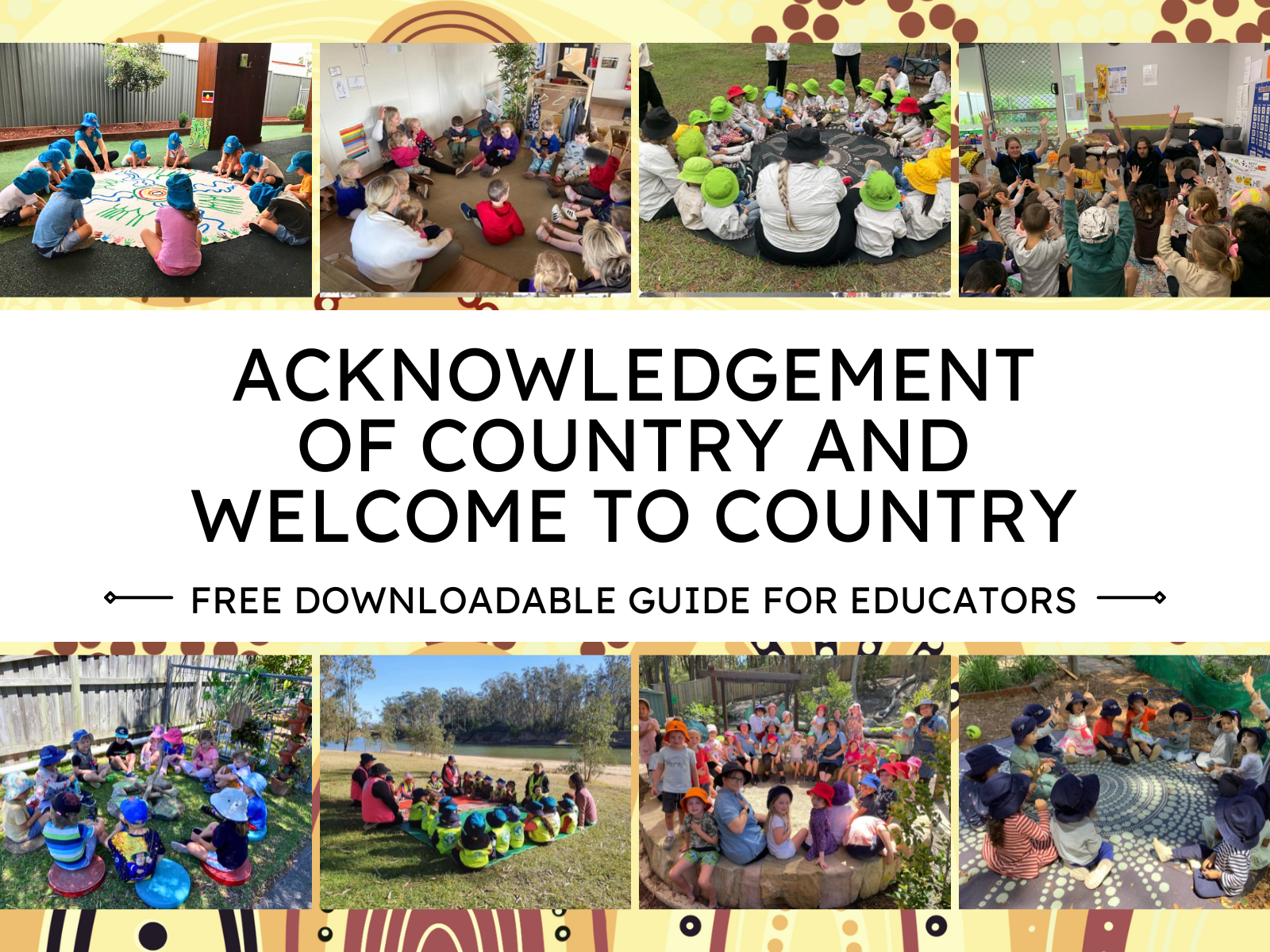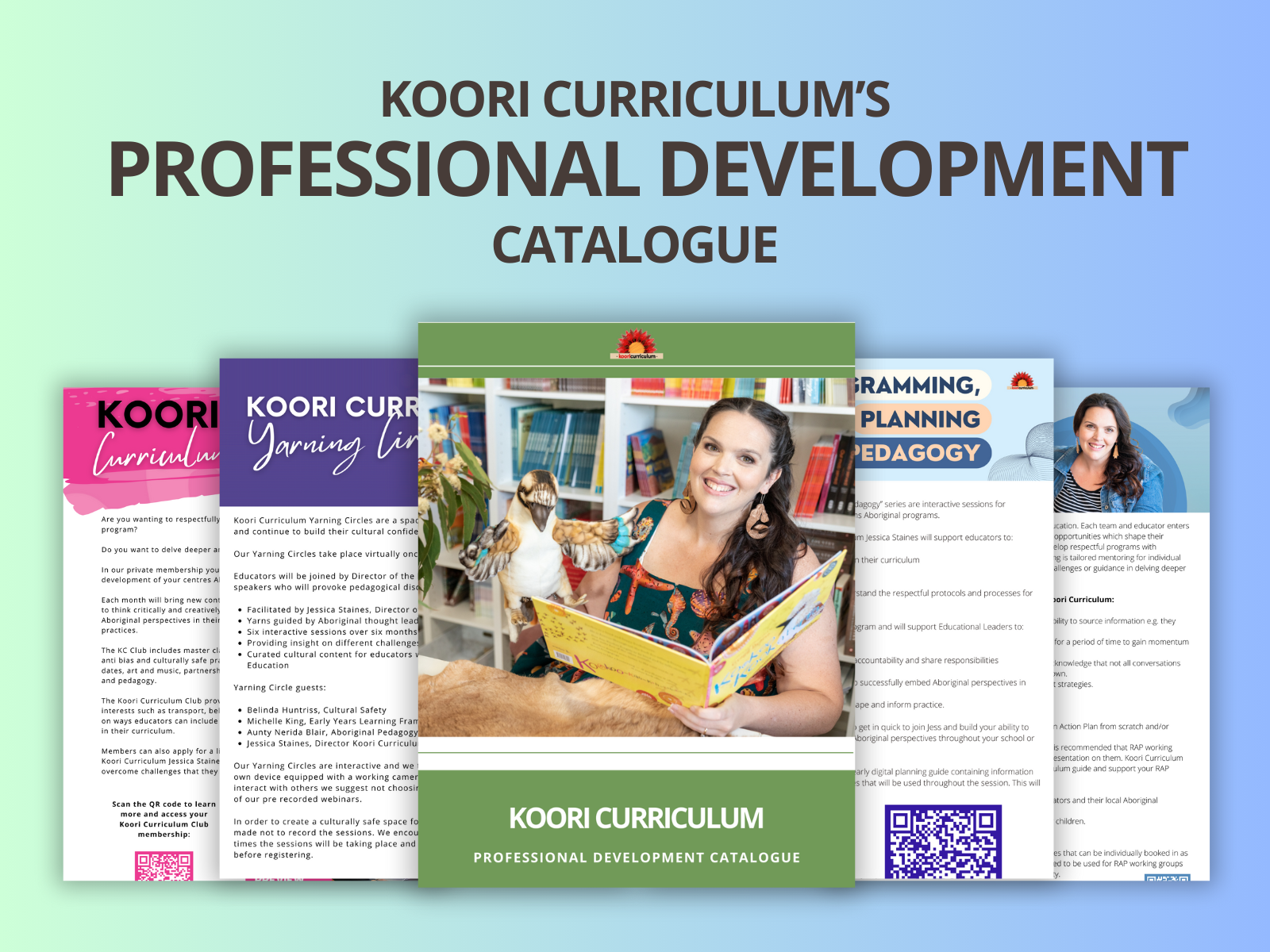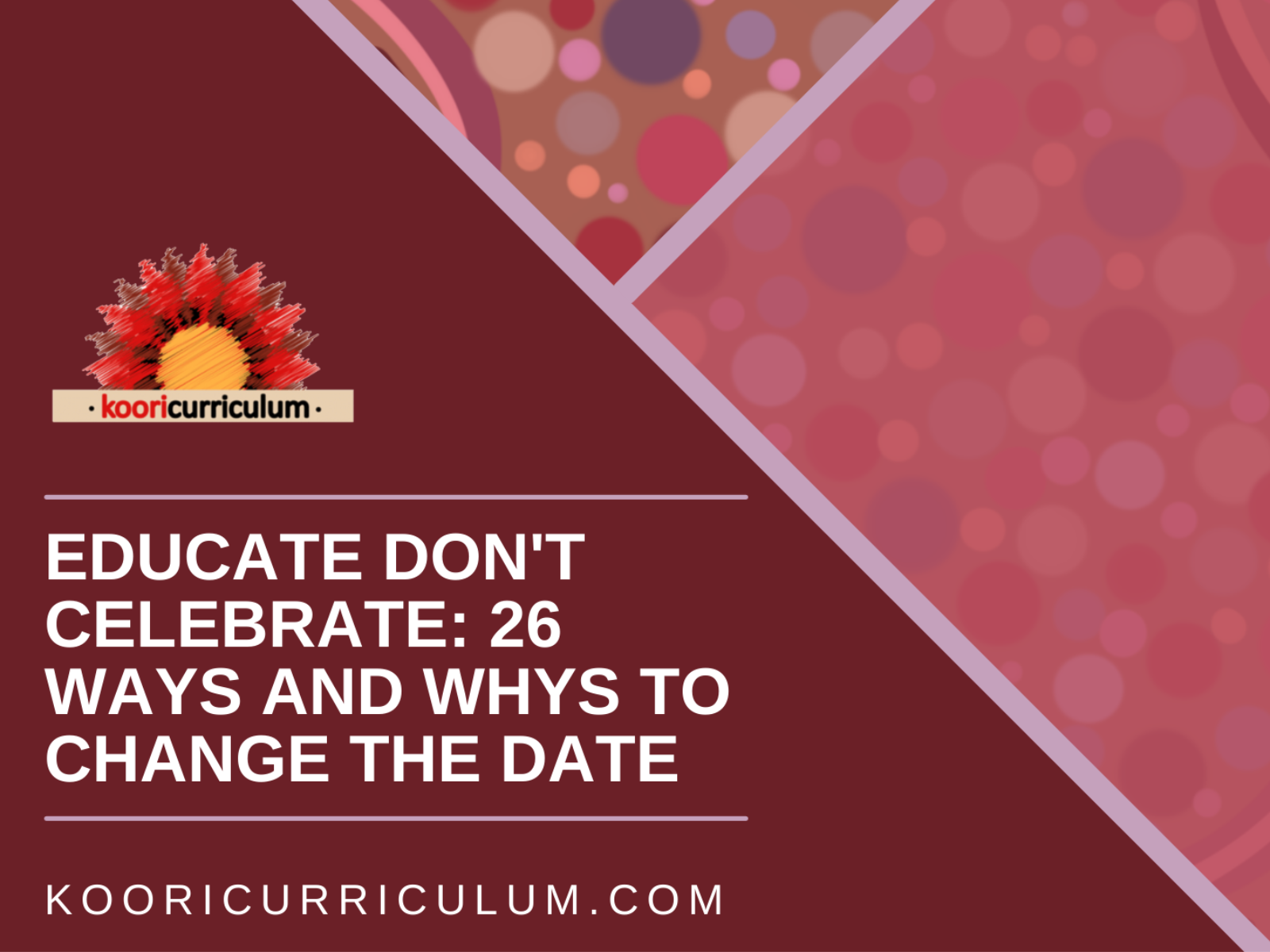
Lessons learned from the life of a traveller
I’m very fortunate and grateful that I get the opportunity to travel around our country for work. This year I have been to every state and territory at least once and delivered over thirty workshops. I've always said that the part of my job that I love the best is meeting amazingly dedicated educators who are passionate about including Aboriginal perspectives in their program.
Early Childhood really is a spectrum of possibilities and potential. My experience as a traveler has taught me that there is no universal blanket approach to Embedding Aboriginal perspectives in your program. However, In order to do this work meaningfully and well it’s contingent on whether or not the educators have character traits of perseverance and integrity.
Privileging Aboriginal perspectives in your program requires a whole team approach and in order to create meaningful cultural change this work has to be done carefully, respectfully and slowly. We can’t predict the road blocks and challenges that will arise during this process but we can be assured that at some point you will face an obstacle. To overcome these bumps in the road it is essential that educators have developed strong cultural capacity and confidence.
Our profession focuses holistically on strength based approaches and it is no different with Aboriginal programs. We need to focus on what we can do and not dwell on what we can’t. Being consistent and resilient is integral and as the time old saying goes when something doesn’t work out the first time “try try again”.
The vast majority of educators I meet genuinely are passionate about wanting to include Aboriginal perspectives in their program. This enthusiasm can sometimes result in frustration when educators try to do too much too quick. Taking time to understand protocols and processes whilst simultaneously building meaningful sustained relationships with community is important. It is only through these relationships and following protocol can educators stand behind their curriculum with confidence and integrity.
The principles and processes behind the programs are universal but the work still needs to be done to transfer and adapt these over arching concepts into each early learning setting. It can be daunting when at the very beginning but start by taking small pragmatic steps.
Here are some great starting points:
Join the Koori Curriculum Educator Community
Register your centre for a RAP through Narragunnawali
Attend a Koori Curriculum Public Workshop or host an inservice
Buy a copy of The Aboriginal Early Childhood Practice Guide at www.aboriginalecc.com
Book an online mentoring session with Jess



